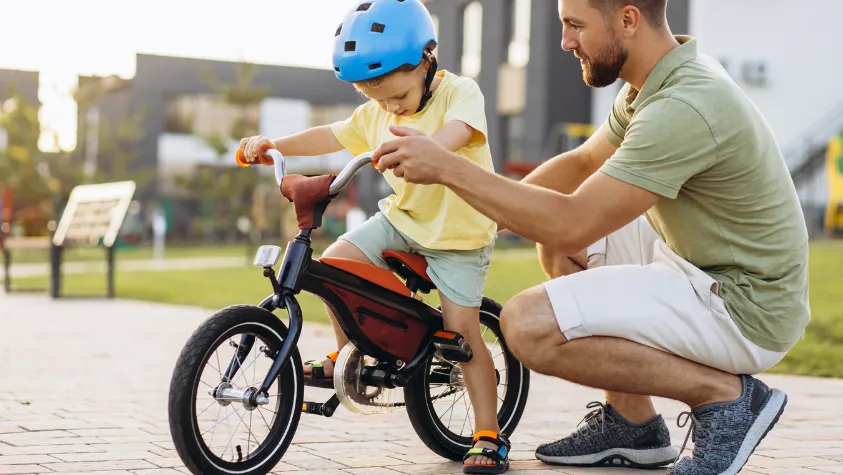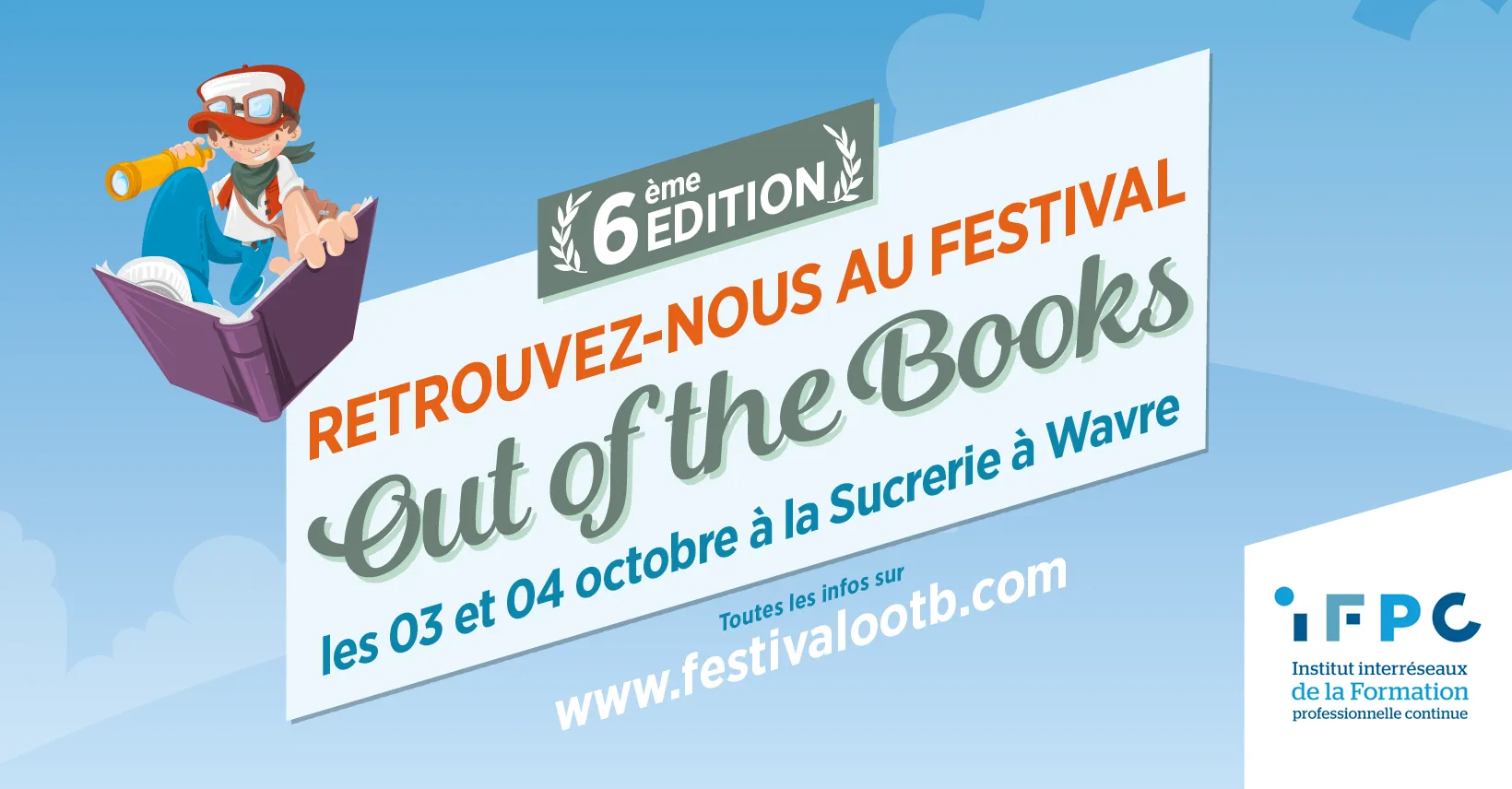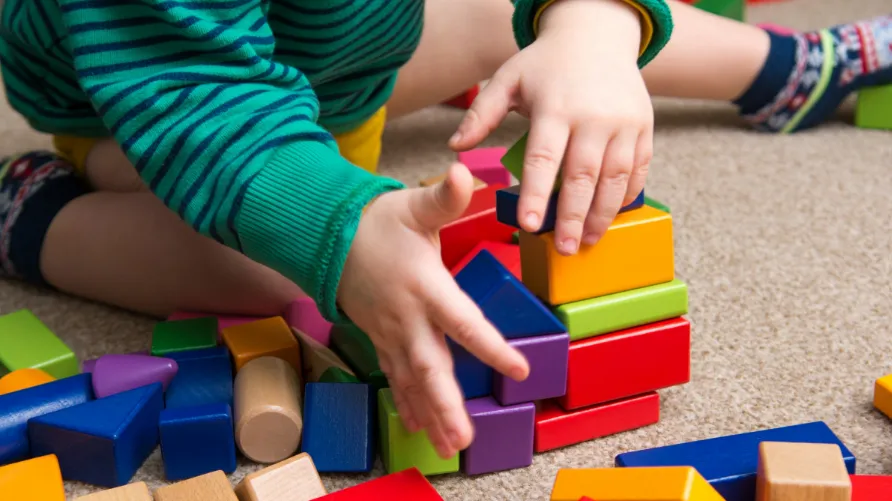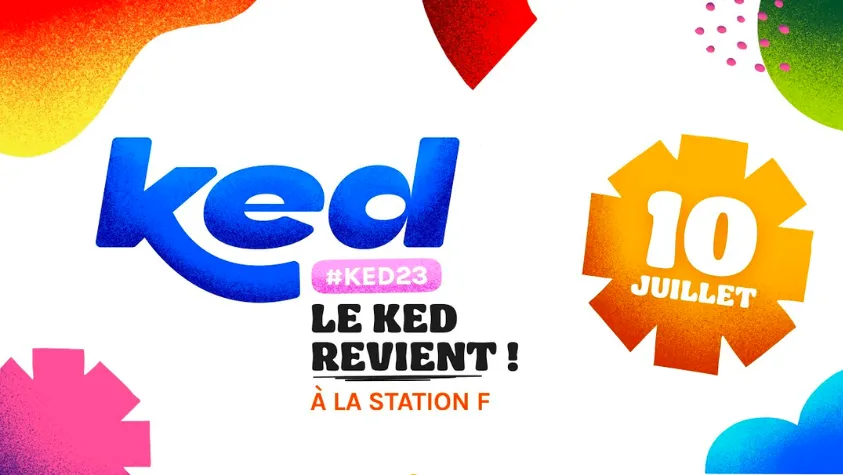The Lab is Babaoo's applied research unit
The Lab
It brings together experts in neurocognitive science, video games, and education, working in close collaboration with professionals in the field.
Its missions
- Design resources and tools that help children learn how to learn
- Maintain the balance between a fun video game that kids love and an effective cognitive development tool
We’re really in a situation of co-construction, co-design, collaboration right from the start of the concept, and we really feel that there can be mutual enrichment.
Neuroscience researchers are involved in the creation of the Game from the outset. The scientific accuracy of the messages conveyed is systematically verified, as is Babaoo’s effectiveness as a neuroeducational tool.
Learning to learn is a skill in itself
The students with the best results are not those with the highest IQs or the hardest workers. It’s the kids who understand what’s expected of them, and who have the right strategies to achieve the goal.
Learning is all about strategies. The Lab identifies the best ones and makes them available as resources within the Mag and creates neuro-educational tools, integrated into the Game.
How do you learn with a video game?
Video games enable Babaoo to offer an educational experience based on the 4 pillars of learning defined by neuroscientist Stanislas Dehaene:
Attention
The mechanisms by which the brain selects information and directs its processing. Focusing on an object of thought amplifies learning capacity.
Video games immerse children in a playful, educational universe. As they play, they naturally focus on the missions to be accomplished, deliberately focusing their attention on the challenges at hand.
Active engagement
Numerous experiments have demonstrated the effectiveness of active pedagogy, which makes the learner the actor in his learning, by alternating periods of teaching and practice.
Unlike listening passively to a lesson, when playing Babaoo, the child is the actor in his or her own progress. By doing and experimenting, they develop their cognitive skills.
Feedback
Mistakes play a key role in learning. They provide essential feedback for the acquisition of knowledge and skills. Dealing with errors enables us to identify their source and adjust our reasoning.
In Babaoo, every error is treated with kindness. Thanks to immediate feedback, players understand why they made a mistake and what strategy they should adopt to succeed.
Consolidating achievements
The aim is to progressively automate knowledge in order to transfer acquired skills from the conscious to the non-conscious mind, freeing up mental resources for new tasks.
Babaoo consolidates acquired knowledge by inviting players to practice their cognitive skills at regular intervals and in different contexts throughout the adventure.
The ultimate goal of Babaoo is to transfer the skills acquired in the game to real-life situations
How does it work?
Babaoo is designed around the natural phases of learning
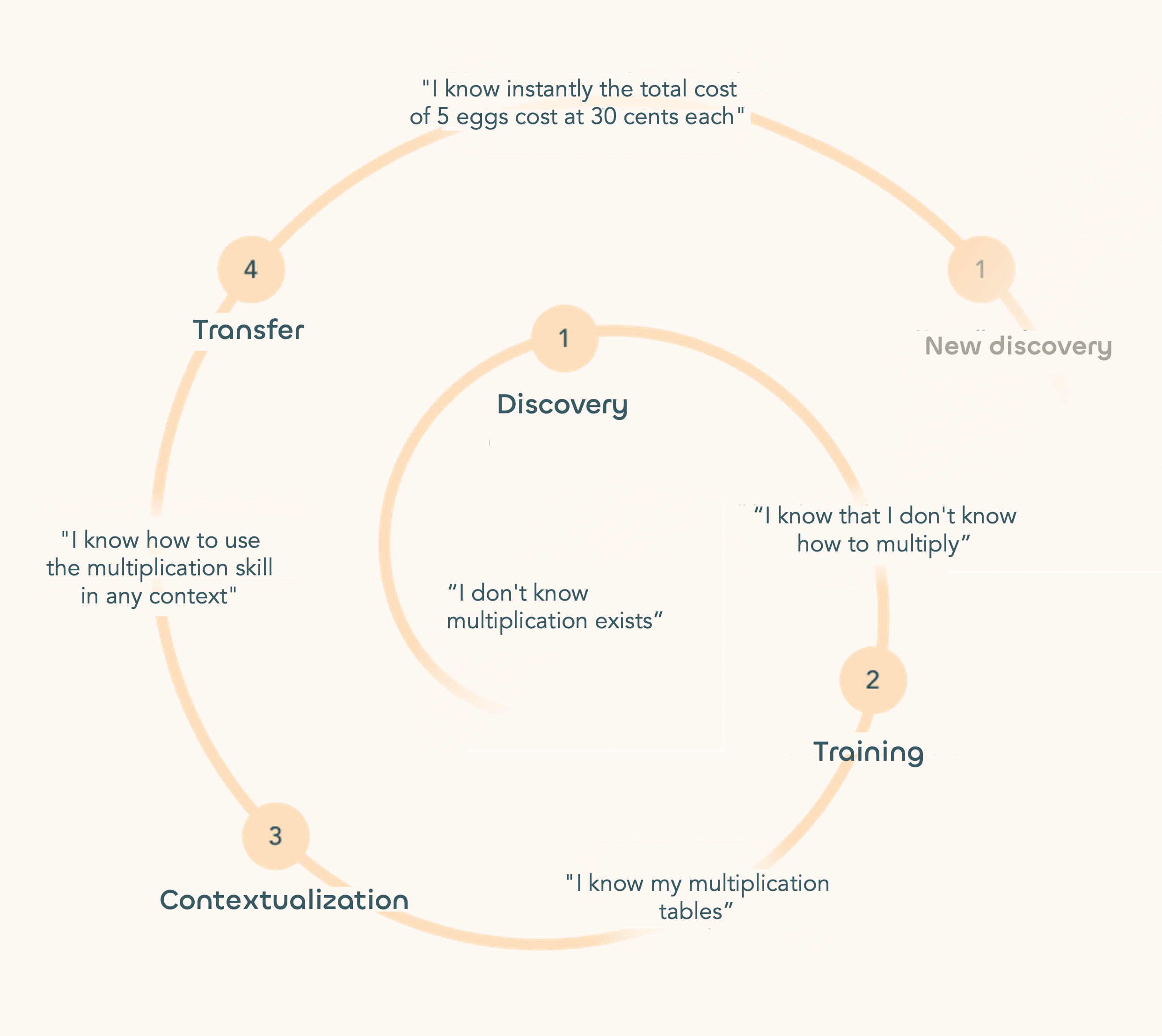
The player becomes aware that he possesses cognitive skills and understands what they are used for. The narrative makes them want to learn how to use them. The narrative makes them want to learn how to use them.
By taking on challenges, the player learns to master the skill and automates its use. Video games are ideal for this since children are willing to start over as many times as necessary to advance in the adventure.
The skill is used at different points in the adventure and in different situations. This enables sequenced repetition and the use of the skill in a variety of contexts.
The Game shows everyday situations in which the skill is useful, to encourage its transfer. Players are invited to leave their tablets behind and return to their everyday lives to carry out missions that call on the skill developed in the Game.
What do children learn with Babaoo?
Learning to learn means learning to use your brain. It means understanding how it works, taking a step back from what you’re doing, and acquiring automated cognitive skills.
How the brain works
Bababoo helps us understand how our brains work, by showing us what goes on inside them in a playful way. Through play, children discover their cognitive processes and learn how to tame them.
Metacognition
An essential condition for success is to take a step back from the task at hand, from the skills to be mobilized, and from oneself. With Babaoo, children become aware of their learning processes and the mental skills they use to create new knowledge.
Cognitive reflexes
Babaoo stimulates executive functions, the cognitive processes that play a key role in all forms of learning. Thanks to the repetition and diversity of the challenges, players develop cognitive skills (superpowers) such as precision and concentration.
